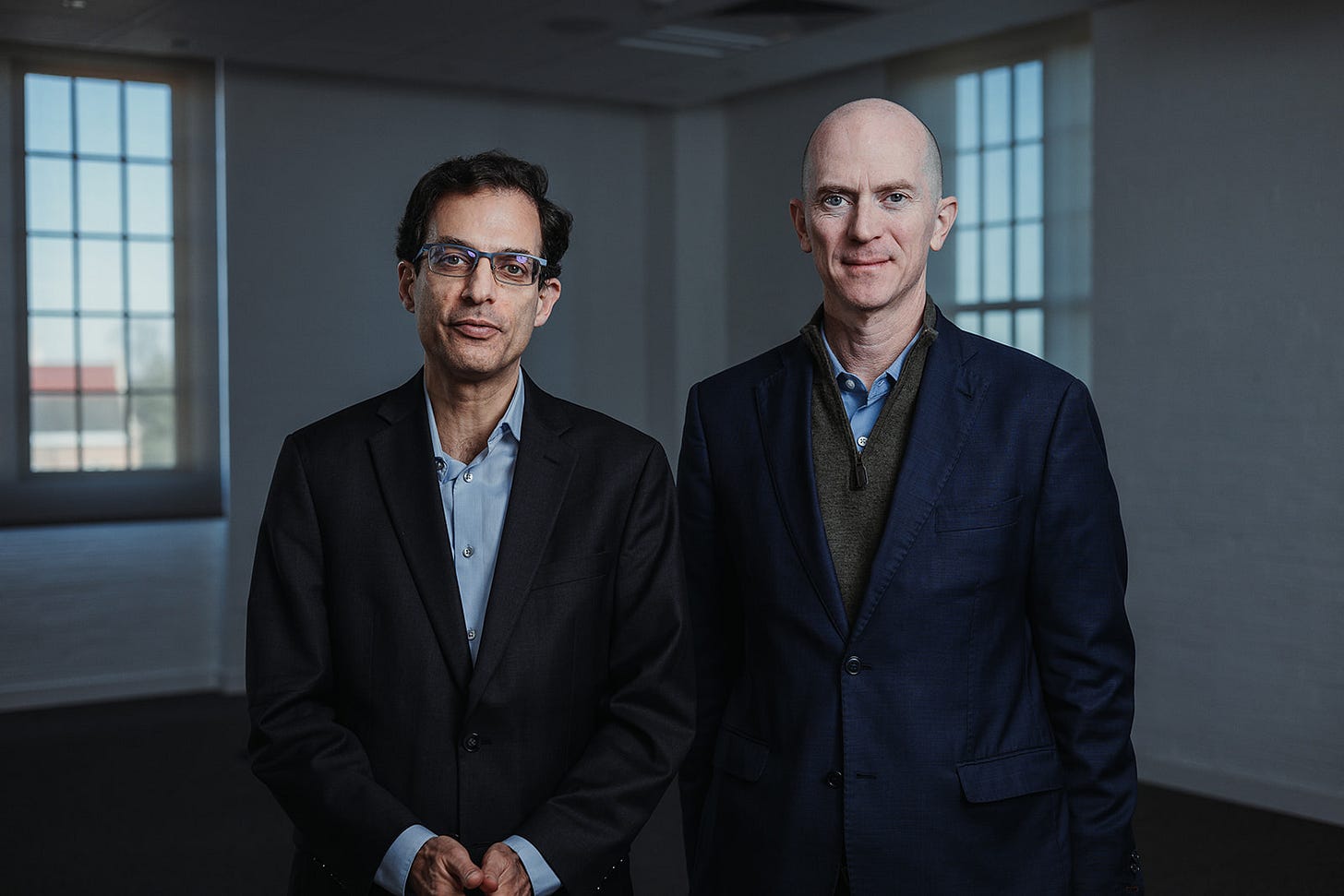Podcast: Seth Kapan on Fragile Neighborhoods
My conversation with Seth Kaplan on place-based, decentralized solutions to material and social poverty in the United States
In this episode of the Moral Imagination Podcast I speak with Seth Kaplan about his book Fragile Neighborhoods: Repairing American Society One Zip Code at a Time. Seth has spent his career working in fragile states around the world — countries that are unstable and prone to violence, war, and political problems. About 10 years ago Seth was increasingly asked if the US was becoming fragile. As he turned his attention to studying the United States, he concluded that while the US is not fragile as a country, there are many areas and neighborhoods throughout the country that are very fragile — where poverty rates are high, there is crime, and instability, and social capital, family stability, and economic and educational opportunities are low.
Seth explains that depending on the neighborhood where you live in the United States it can mean a shorter lifespan of over 20 years. Kaplan speaks about two faces of poverty, material and social, and how they are both a problem of broken relationships. He argues:
“We have many things going very well in our country, but something has gotten worse in the last couple of generations: the politics, the trust, the social breakdown, the deaths of despair, the health crisis, the depression, and the rise of suicides. The big question that we have to ask ourselves is: what has changed in our relationships that lead us to have so many social and political problems?”
Themes and Topics we discuss include:
Family Stability
Social Capital
Bonding vs. Bridging Social Capital
Relationships and Community
The role of religion and religious practice in communities
Associational-ism vs. Individualism vs. Collectivism
Biography
Seth D. Kaplan is a leading expert on fragile states. He is a Professorial Lecturer in the Paul H. Nitze School of Advanced International Studies (SAIS) at Johns Hopkins University, Senior Adviser for the Institute for Integrated Transitions (IFIT), and consultant to multilateral organizations such as the World Bank, U.S. State Department, U.S. Agency for International Development, and OECD as well as developing country governments and NGOs.


